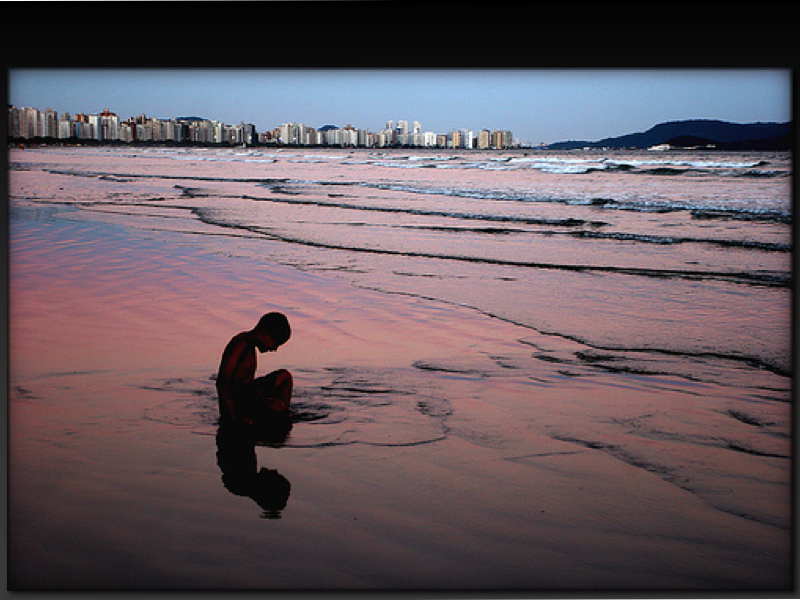
Protecting Unaccompanied Minors: A Common Ethical Commitment
The media often report news regarding groups of migrants drowned in the Mediterranean or murdered in route. Unfortunately, these tragedies are aggravated by the number of children and young people found in this situation, who are killed or seriously injured due to violence, attacks, fire, or accidents during the migration process. Their only desire: to reach Europe hoping for a dignified future.
The migratory experience of unaccompanied minors cannot be minimized: there are some important variables, which show this phenomenon to be a sign of the times defined by the role different persons play.
Often unaccompanied minors are among the victims most targeted by traffickers for several reasons: their vulnerability, their distance from family and those authorities responsible for protecting them, their indispensable migration project, the economic debt incurred by their families for a trip that is costly not only in economic terms but also in human terms. In this regard, Pope Francis said in 2017: "It is important for me to draw attention to the reality of underage migrants, especially those who are by themselves, and to encourage everyone to take care of children. These children are three times more vulnerable because they are minors, because they are foreign and because they are defenseless".
The first element which needs attention are the minors themselves, whose lives will change forever following the trip. The experience will affect their development — on a human, personal, social and psychological level — and forge character by contributing to building a personal identity.
He or she can reach a high level of agency and feel more or less aware of having the possibility of acting independently and making choices. Moreover, on the basis of this, the minor has the possibility to develop a certain degree of resilience through which he can deal with the negative experiences that he or she experiences during the whole migration path, with which we include forced labor, mistreatment, physical and sexual abuse, the potential inclusion in the trafficking circuits of human beings.
Upon arrival at their destination, the child should be helped to reach personal fulfillment in the host society, which is called upon to commit to respect for fundamental rights, for the formation and assistance of the person of the minor in view of his or her autonomy and a future contribution to the development of the host society.
However, the minor can not find work on their own. For this reason, an active effort of civil society, of the Church together with the nations of origin, of transit and of destination, is fundamental. These are called to work together to offer those minors who forcibly leave their countries all the possibilities for development and growth in every area.
Obviously, it is not possible to offer pre-established practical solutions but it could be indicated to first of all structure a strong ethical base that is shared by both the young migrants and their contexts, a base which keeps human rights, best interests and the protection of minors at the forefront, as well as prevention of abuse, violence and rape that unfortunately occur throughout the journey to Europe.
Afterwards each migrant, in his own context and according to his own prerogatives, can offer his own particular contribution to the success of a mission that is common to all: to make sure that every society becomes more and more a safe place for minors.
[1] Francesco, 2017, “Messaggio per la 103a giornata mondiale del migrante e del rifugiato. Migranti minorenni, vulnerabili e senza voce”. 8 settembre. Accesso 1/6/2018.
https://w2.vatican.va/content/francesco/it/messages/migration/documents/papa-francesco_20160908_world-migrants-day-2017.html

